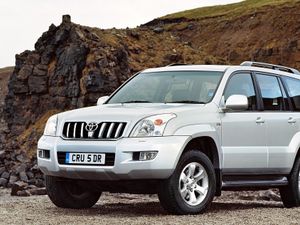Is a plug-in hybrid car right for me?
Plug-in hybrids have swelled in popularity over recent years, but what are their advantages and what do you need to think about before opting for one?
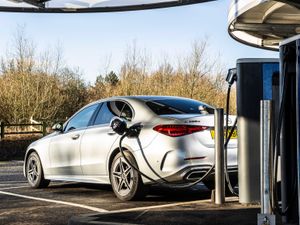
The plug-in hybrid vehicle has soared in popularity recently. For many, they’re seen as a stepping-stone between a conventional petrol or diesel vehicle and a fully electric vehicle. They give the opportunity to run on electric-only power for a reasonable amount of time but also have a combustion engine in the background.
But, as with most types of cars, they do have their positives and negatives – so what do you need to consider before buying a plug-in hybrid? Let’s take a look.
Can you charge at home?
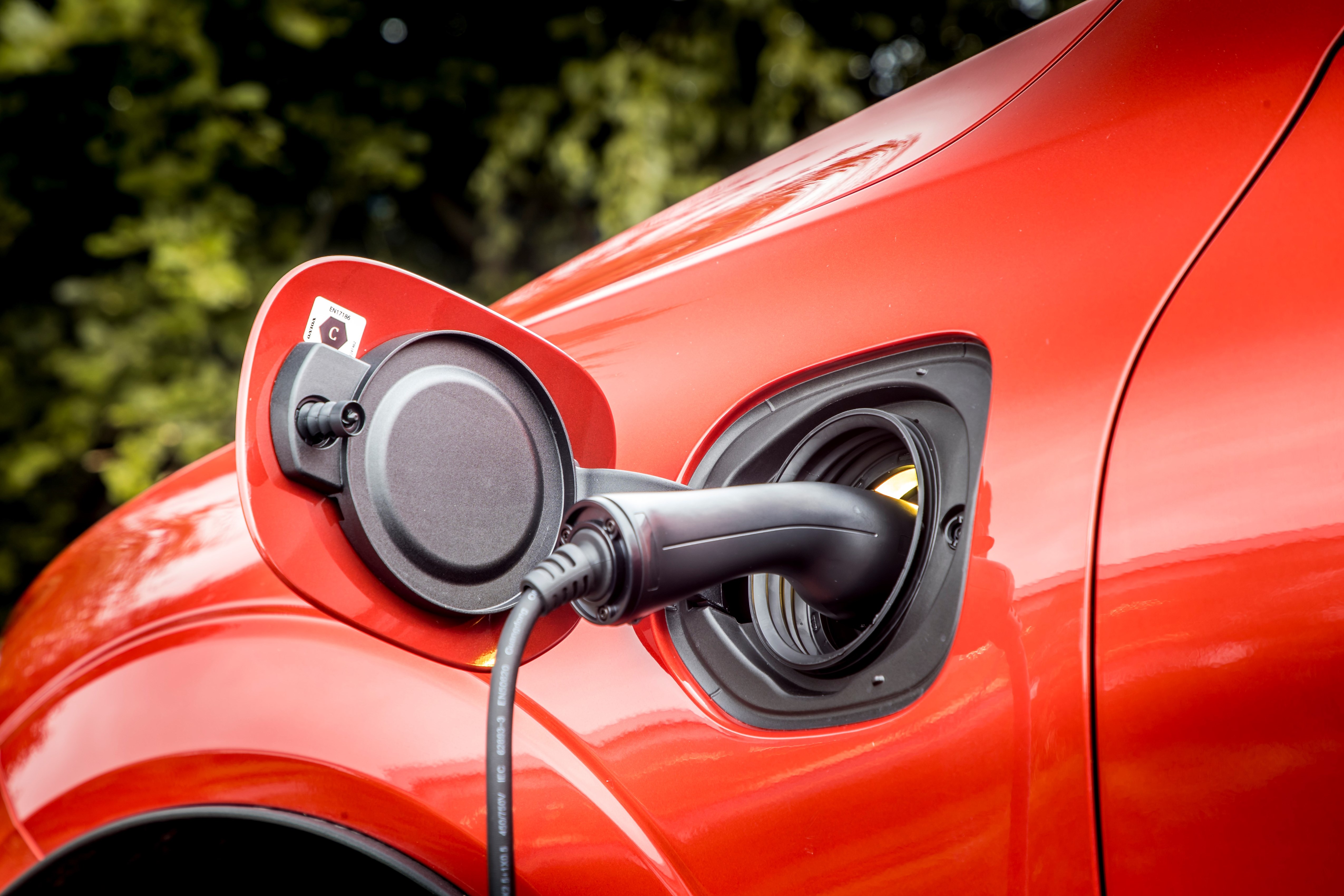
>
This is a big kicker of plug-in hybrid ownership. As the name suggests, plug-in hybrids – or PHEVs – need to be connected to the mains in order to top up the batteries. They’re at their most efficient when fully charged, too, so while you do have a petrol – or sometimes diesel – engine to fall back on, you’re going to want to top up those batteries as regularly as possible.
That means having somewhere to charge. Contrasting fully electric vehicles, PHEVs don’t have the largest batteries but even via a home wallbox installed outside your house, you’re still looking at a few hours for a full charge. You’ll want to make sure that you’ve got somewhere easily accessible to charge up before buying a PHEV, or look into getting a charger installed at your home – you’ll need off-street parking in order to do this, too.
Do you do long journeys?
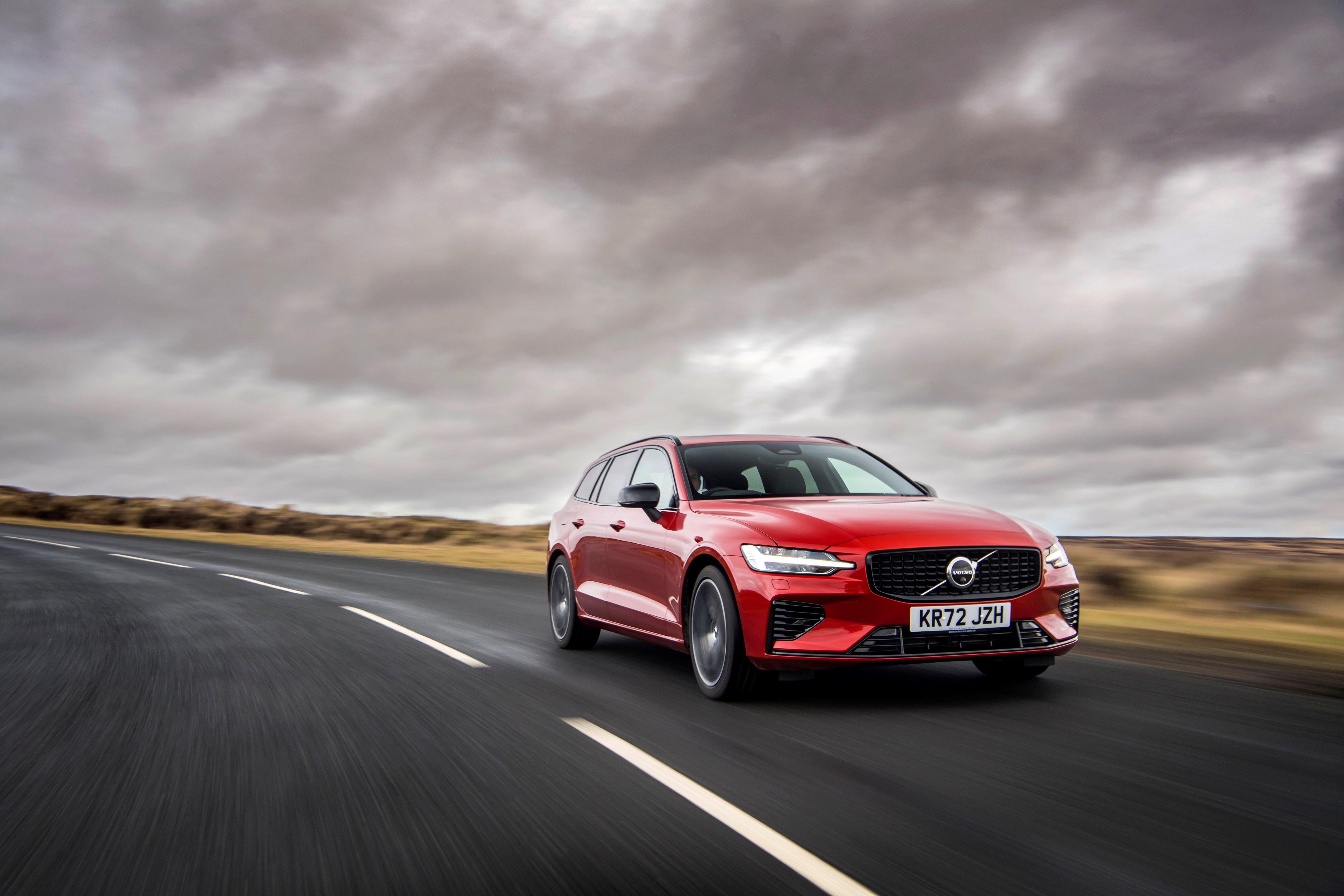
>
The electric range offered by plug-in hybrids has increased massively over recent years, with some EVs able to deliver upwards of 60 miles of electric-only range on one charge. However, that still means that you won’t be able to do really long journeys on electric power alone, leaving you to use the combustion engine on its own.
During these times, plug-in hybrids aren’t working at their most efficient level. If you’re frequently doing much longer journeys – or spend most of your time on the motorway – then a conventional petrol or diesel – or regular ‘self-charging’ hybrid might be a better option as they’re able to trump a PHEV’s efficiency over these long, high-speed drives.
Do you need the most boot space possible?
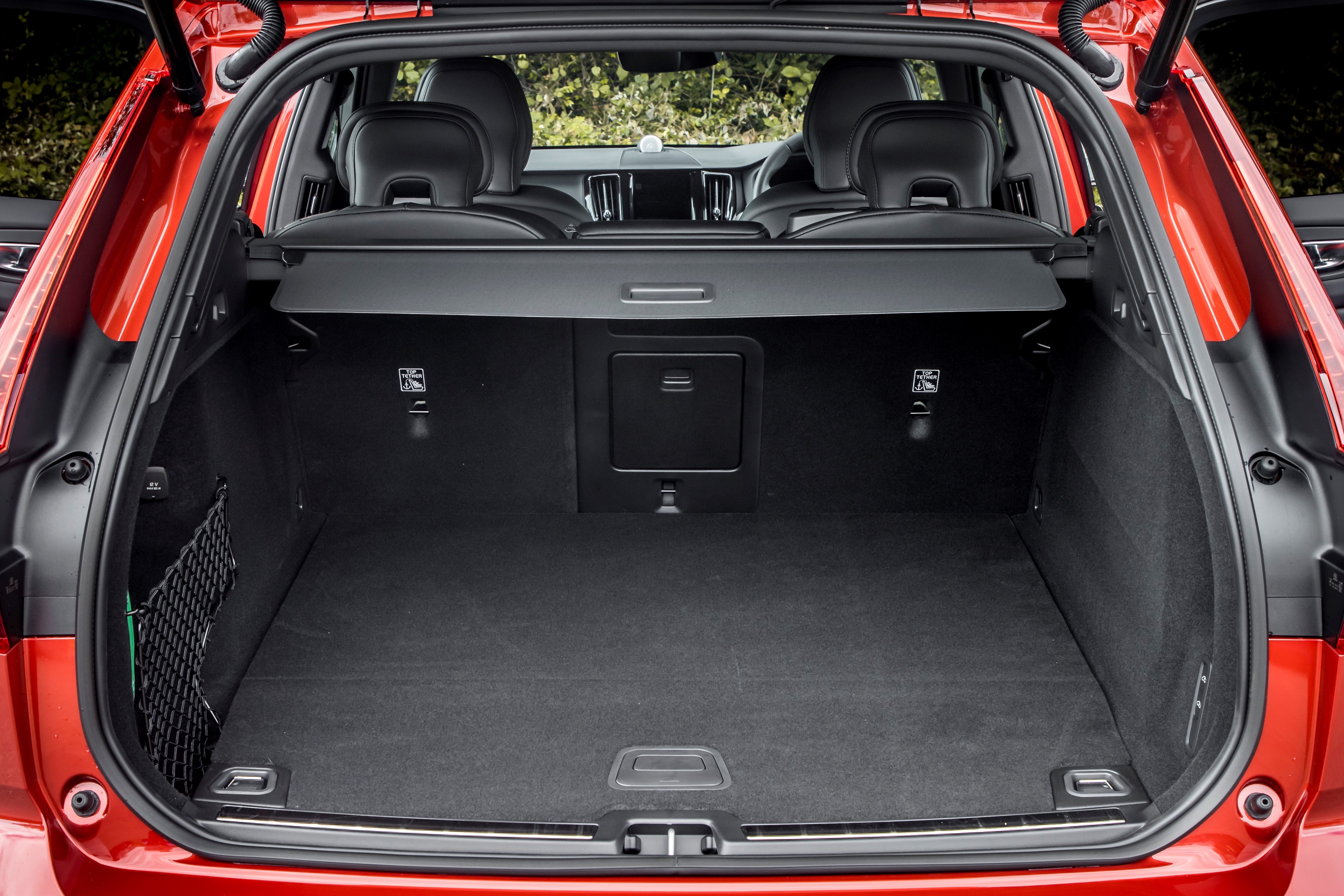
>
One of the downsides of many PHEVs is that the fitment of the batteries reduces the boot space over an equivalent petrol or diesel model. The BMW 330e PHEV, for example, has 90 litres less boot space than the petrol equivalent, meaning you’re losing out on quite a bit of practicality in order to have that plug-in powertrain. It’s worth comparing a PHEV’s boot sizes with its petrol or diesel counterpart to double-check.
There are some exceptions to this rule, of course. Volvo’s XC40, for example, has the same size boot in the PHEV version as the petrol, and the same goes for the firm’s now-discontinued V60 estate.
Would a ‘regular’ hybrid be more suitable?
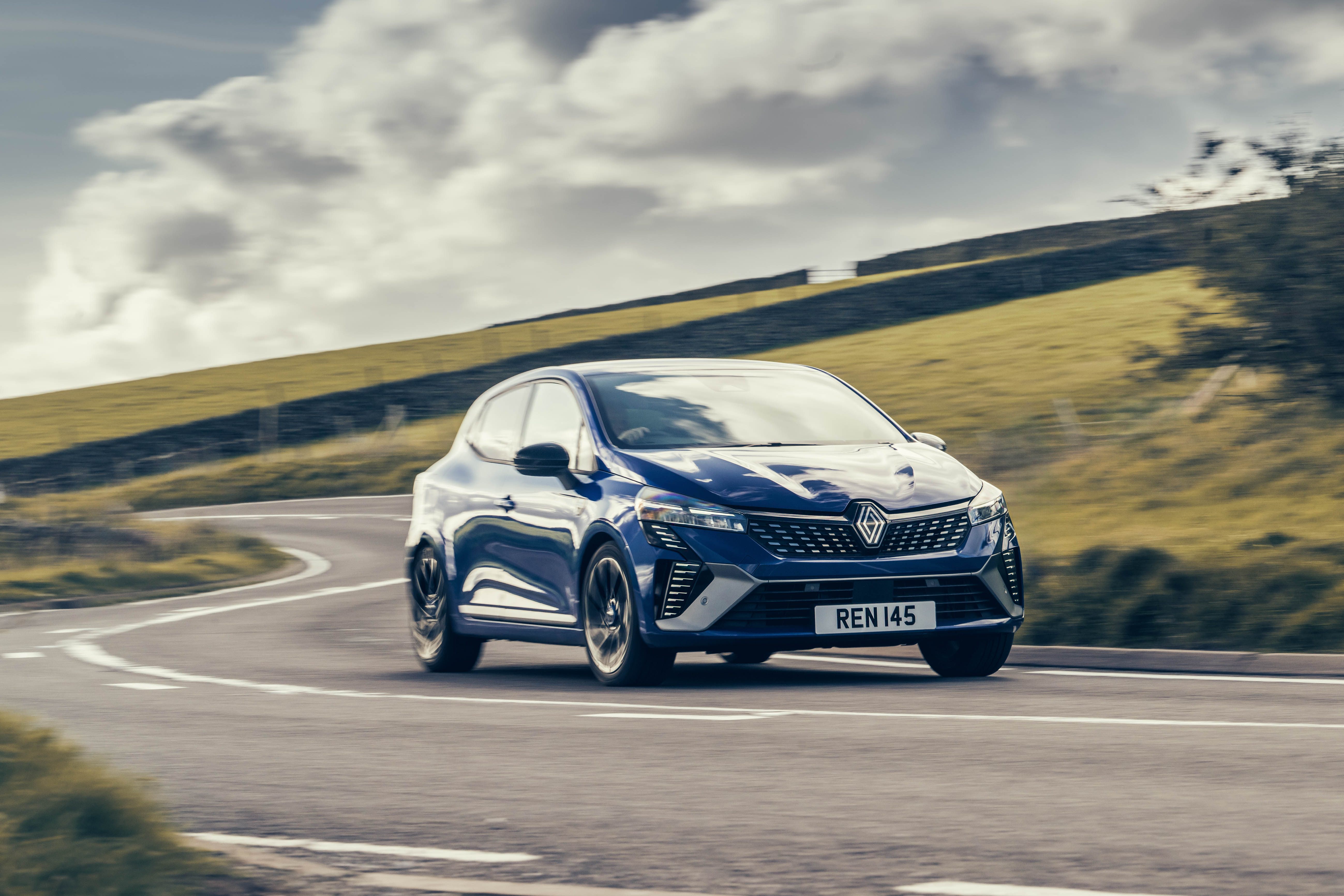
>
There’s a broad spectrum of hybrid powertrains, with PHEVs often being touted as the most efficient due to their electric-only running. However, a standard ‘regular’ hybrid – often referred to as a ‘self-charging hybrid’ can still bring some really great efficiency gains over a ‘standard’ petrol or diesel.
This is particularly the case if you’re not able to charge up at home. As we’ve touched on, PHEVs really do need to be topped up frequently in order to get the best from them so, if you’re not able to do this, then a standard hybrid could be a far better choice as they’re able to deliver good efficiency without the need to be plugged in. They can’t, however, return the same level of electric-only range as a PHEV due to their smaller batteries.
Or could you make the jump straight to a fully electric vehicle?
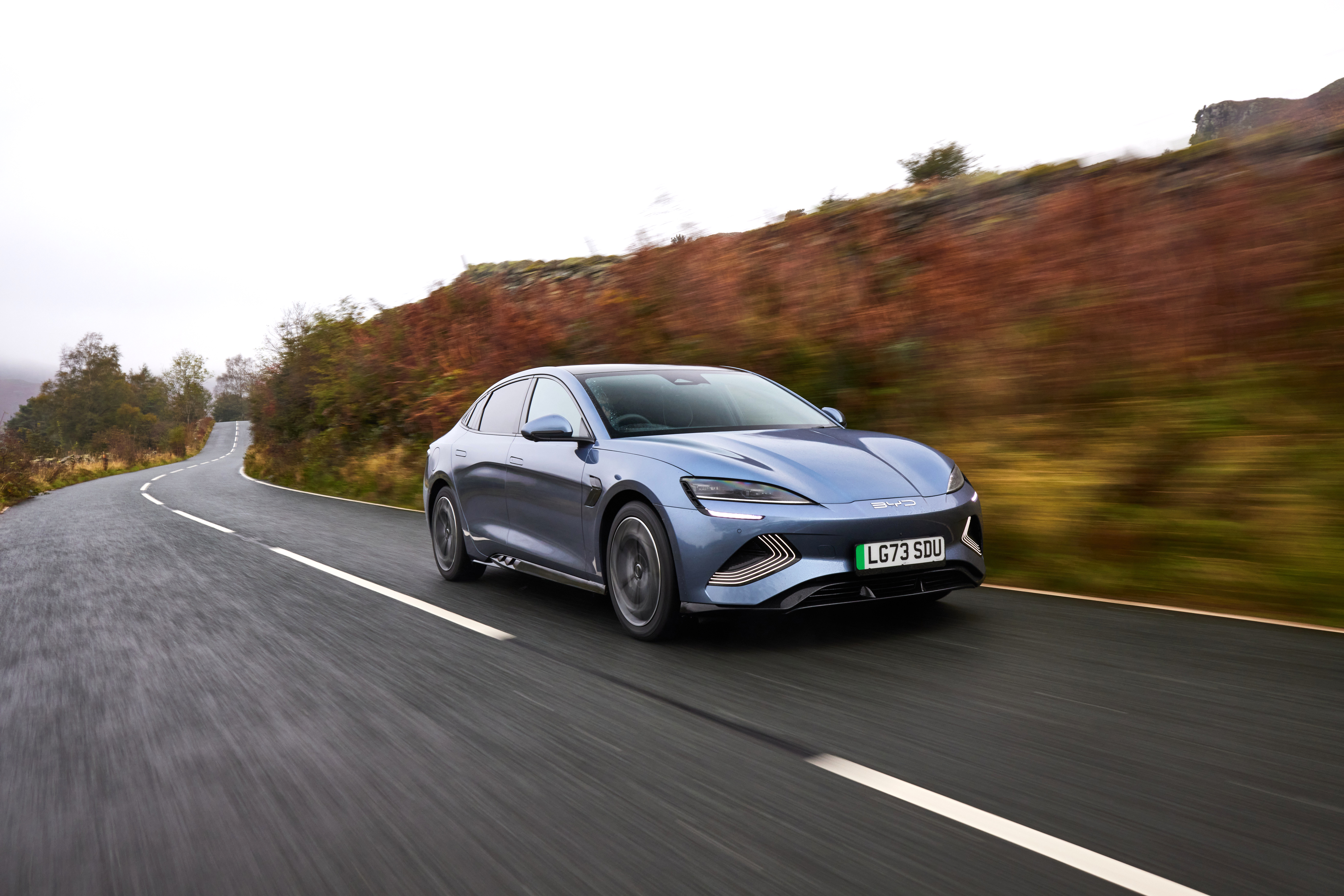
>
This is the big question. If you’re able to charge at home, then an electric vehicle could be a great option. It’s all about thinking about how many miles you do on average. If, say, you’re doing around 50-60 miles a day, returning home each time, then an electric vehicle could bring massive savings in terms of fuel and running costs – even over a PHEV.
Charging infrastructure is very much ramping up in the UK, too, and while energy costs have remained high several suppliers offer EV-friendly tariffs which allow you to charge at off-peak times for a fraction of the cost of petrol or diesel.


